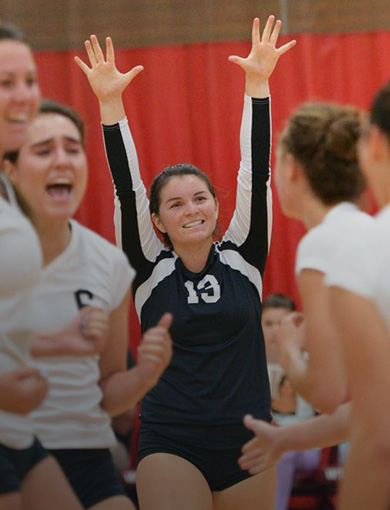Rotator Cuff Tears
The shoulder is a complex joint, with multiple bones, ligaments, tendons and muscles all working together to facilitate normal function and movement. The rotator cuff is a group of muscles and tendons that helps stabilize the joint, joining the upper arm (the humerus bone) with the shoulder blade (or scapula) to support a normal range of motion as well as lifting and other weight-bearing activities.
What is a rotator cuff tear?
Rotator cuff tears is a tear in a tendon in the shoulder. They are a common source of shoulder pain, affecting as many as 2 million people per year. Most degenerative tears are found in people over the age of 40. People who do repetitive heavy lifting or overhead movements risk tears. Athletes like tennis players, baseball pitchers and golfers are at risk. Manual laborers who perform repetitive overhead movements are also at risk.
The challenge with tendon tears is due to the fact that tendons have a limited blood supply and when injured the lack of a blood supply prevents healing. Instead scar tissue attempts to fix the damage. But scar tissue is not flexible and can cause more damage to the tendon.
In addition, as we age bone spurs can develop on the shoulder bone called the acromion. The bone spur rubs against the tendon every time we raise or lower the arm. This is called impingement. The constant rubbing frays and weakens the tendon and can eventually cause a tear.
Types of rotator cuff tears
Rotator cuff tears can be partial or complete, and the extent of damage to the cuff will have a bearing on the type of treatment you’ll need and your recovery timeline, as well as the severity of your symptoms.
A partial tear is an incomplete tear, it damages the tendon but doesn’t sever it. Instead, the tendon is frayed, and as damage progresses the tear can become complete. A complete tear (also called a full thickness tear) separates the tendon from the bone.
What are the symptoms of a rotator cuff tear?
- Pain at rest and at night
- Pain when lifting and lowering the arm
- Shoulder weakness when attempting to lift or rotate the arm
- Movement of the shoulder causes a crunching sound
Importantly if you have pain in these conditions it is important to see your OANC orthopedic surgeon because leaving the problem untreated can enlarge a tear and create a complex situation the requires more involved treatment.
What causes a rotator cuff tear?
Most commonly, injuries to the rotator cuff are caused by slip-and-fall accidents, sports accidents or other traumatic injuries, but they can also occur as a result of wear-and-tear on the tendons from repetitive movements or even age-related changes in the tendon fibers and the joint itself.
A degenerative tear is due to wear and tear on the tendon over time. These tears are common in the dominant arm.
An acute tear is commonly caused by falling on an outstretched arm or lifting a heavy object with a jerking motion as in weight lifting. Frequently this tear will occur with other shoulder injuries.
How is a rotator cuff tear diagnosed?
Your OANC orthopedic surgeon will discuss your symptoms and when they began. They will conduct a physical exam testing for range of motion and arm strength. X-rays will show the state of the bones, and an MRI will show the tear, its size and location.
Treatment will depend on the type and severity of the tear. However up to 80% of tears will improve with conservative management including rest, activity modification, over-the counter pain medications, strength and stretching exercises and physical therapy, and if this doesn’t relieve pain, steroid injections will help. However, nonsurgical treatment can enlarge the tear which can reduce movement and significantly impair your quality of life.
Shoulder pain can be debilitating, and without proper medical care, it can become much worse over time. The first step in feeling better is to schedule a medical evaluation with one of the orthopedic surgeons at Orthopedic Associates of Northern California, a leading provider of orthopedic care in Chico and Paradise, CA. If you’re experiencing shoulder pain, stiffness or other symptoms, call our office at 530-897-4500 and schedule your evaluation today.





